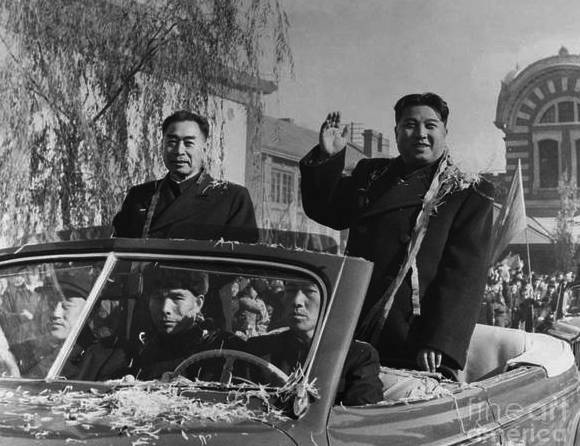

Why don’t North Koreans revolt? It’s essential to note that the situation in North Korea is complex, and information can be challenging to verify due to the secretive nature of the regime. Here are several factors that may contribute to the apparent absence of widespread revolt:
Authoritarian regime:
North Korea is ruled by an authoritarian regime led by the Kim family. The government tightly controls all aspects of public life, including communication, media, and education. Any dissent or opposition is met with severe consequences, including imprisonment, torture, and execution. The fear of reprisals is a significant deterrent to open resistance.
Isolation:
The regime maintains a high level of isolation, both internally and externally. Citizens have limited access to information from the outside world, and the government controls the narrative through state propaganda. This isolation makes it challenging for dissenting voices to organize and gain momentum.
Censorship and propaganda:
The government tightly controls the flow of information, using state-controlled media to shape public opinion and reinforce loyalty to the regime. Access to foreign media and the internet is restricted, limiting exposure to alternative viewpoints.
Surveillance:
The government employs extensive surveillance measures to monitor the activities and conversations of its citizens. This surveillance creates an atmosphere of constant scrutiny, discouraging any form of dissent.
Cult of personality:
The ruling Kim family is portrayed as almost divine figures in the state ideology. This cult of personality fosters a sense of loyalty and reverence among the population, making it difficult for individuals to consider or entertain thoughts of opposition.
Economic challenges:
North Korea has faced chronic economic difficulties, including food shortages and poverty. However, the regime’s control over resources and the ability to blame external factors for economic problems may help divert public frustration away from the government.
Limited access to external information:
While there have been efforts to increase the flow of information into North Korea through various means, the government has taken measures to prevent its citizens from accessing foreign media and news. This lack of exposure to alternative perspectives hinders the development of dissenting opinions.
Lack of external support:
Unlike some historical cases of successful revolutions, North Korea does not currently have significant external support for opposition movements. The international community has been hesitant to intervene, and neighboring countries may be concerned about the potential fallout from a destabilized North Korea.
It’s important to recognize that the situation in North Korea is fluid, and circumstances may change over time. Additionally, obtaining accurate and up-to-date information about the internal dynamics of the country can be challenging due to the regime’s secretive nature.




